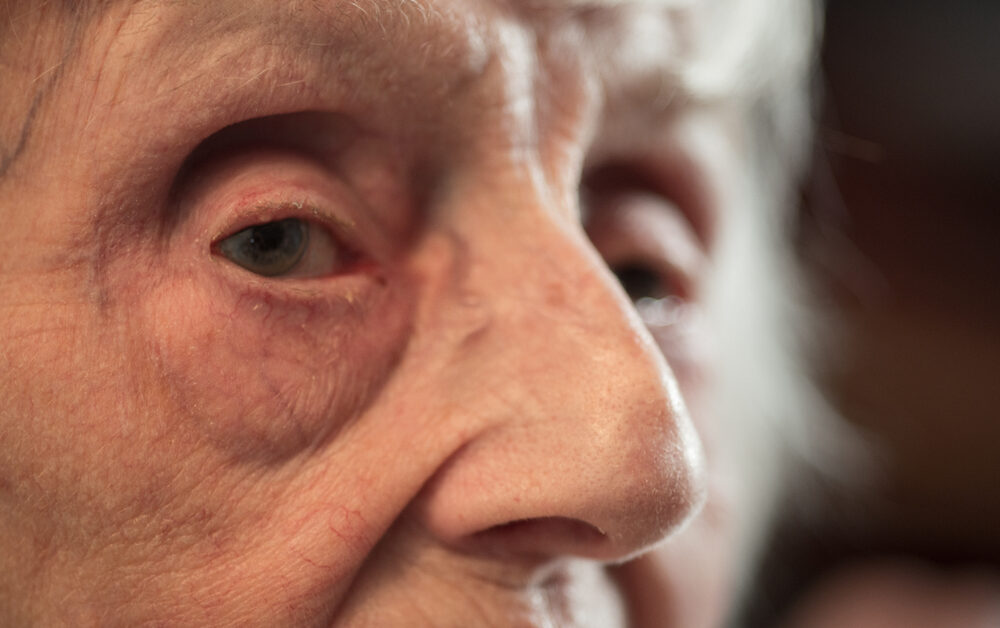Newsletter Signup - Under Article / In Page
"*" indicates required fields
AAVantgarde Bio, a clinical-stage, Italian-based international biotechnology company with two proprietary adeno-associated viral (AAV) vector platforms for large gene delivery, has closed a €61 million ($65.1 million) Series A financing.
The amount represents the largest series A round ever in Italian biotech.
AAVantgarde has two proprietary, AAV-based large gene delivery platforms: one leveraging DNA recombination, named dual hybrid; and one protein trans-splicing, named AAV intein.
AAVantgarde is validating the platforms in two lead programs: Usher Syndrome Type 1 B associated retinitis pigmentosa (Usher1B), using dual hybrid; and Stargardt disease, using AAV intein. This financing will fund completion of a first-in-human proof of concept (POC) study in subjects with Usher1B and further development of AAV intein program and entry into the clinic for Stargardt disease. The company also intends to pursue programs beyond ophthalmology.
The AAVantgarde platforms could be used to deliver large genes to ocular and non-ocular tissues. Co-founded by Alberto Auricchio at TIGEM (Telethon Institute of Genetics and Medicine) in Naples, Italy, and Telethon Foundation, AAVantgarde will initially validate the platform in the clinic in two inherited retinal diseases with clear unmet need.
“This financing represents a hallmark moment in our mission to help patients, and we are excited to work with both our new and founding investors to advance our platforms and pipeline,” said Natalia Misciattelli, chief executive officer of AAVantgarde.
“The completion of this round with such a high-caliber group of global life science investors is a recognition of the significance of AAVantgarde’s unique technology, which will initially be utilized to help patients suffering with the debilitating impact of blindness associated with Usher1B syndrome and Stargardt disease.”
The financing was co-led by U.S. biotechnology venture creation firm Atlas Venture and European life sciences venture capital investment firm Forbion, with participation from Longwood Fund and the company’s founding investor Sofinnova Partners through its Sofinnova Telethon Fund.
About Usher syndrome
Usher syndrome type 1B (Usher1B) is an inherited disease that affects the retina and the inner ear. Usher1B is caused by mutations in the MYO7A gene. The therapeutic gene to treat Usher1B is 6.7 kb long and is therefore, too large to fit inside a standard AAV vector.
Approximately 20,000 patients in the U.S. and E.U. have Usher1B. These children are born deaf, have vestibular dysfunction, and begin to progressively lose vision in their first decade of life. While there are surgical treatments available to treat deafness in these patients, there are no treatments available to treat progressive vision loss and blindness in these patients.
About Stargardt disease
Stargardt disease is the most common inherited macular degeneration. Inherited in most of the cases as autosomal recessive, Stargardt disease is caused by mutations in the ABCA4 gene. The therapeutic gene to treat Stargardt disease (ABCA4) is 6.8 kb long which is too large to fit inside a standard AAV vector.
Stargardt disease affects approximately 60,000-75,000 patients in the U.S. and E.U. Currently, there are no treatments for the blindness caused by Stargardt disease.
The biotech sector in Italy
AAVantgarde Bio’s Series A financing represents a significant milestone for the company and the Italian biotech industry. To learn more about the thriving biotech landscape in Italy and some of the innovative companies making waves, you can explore this article.






